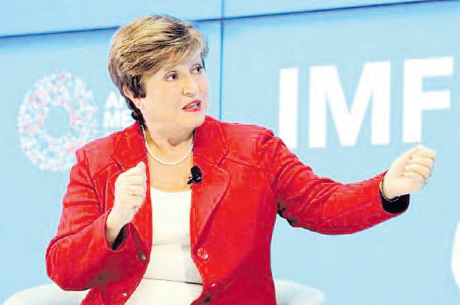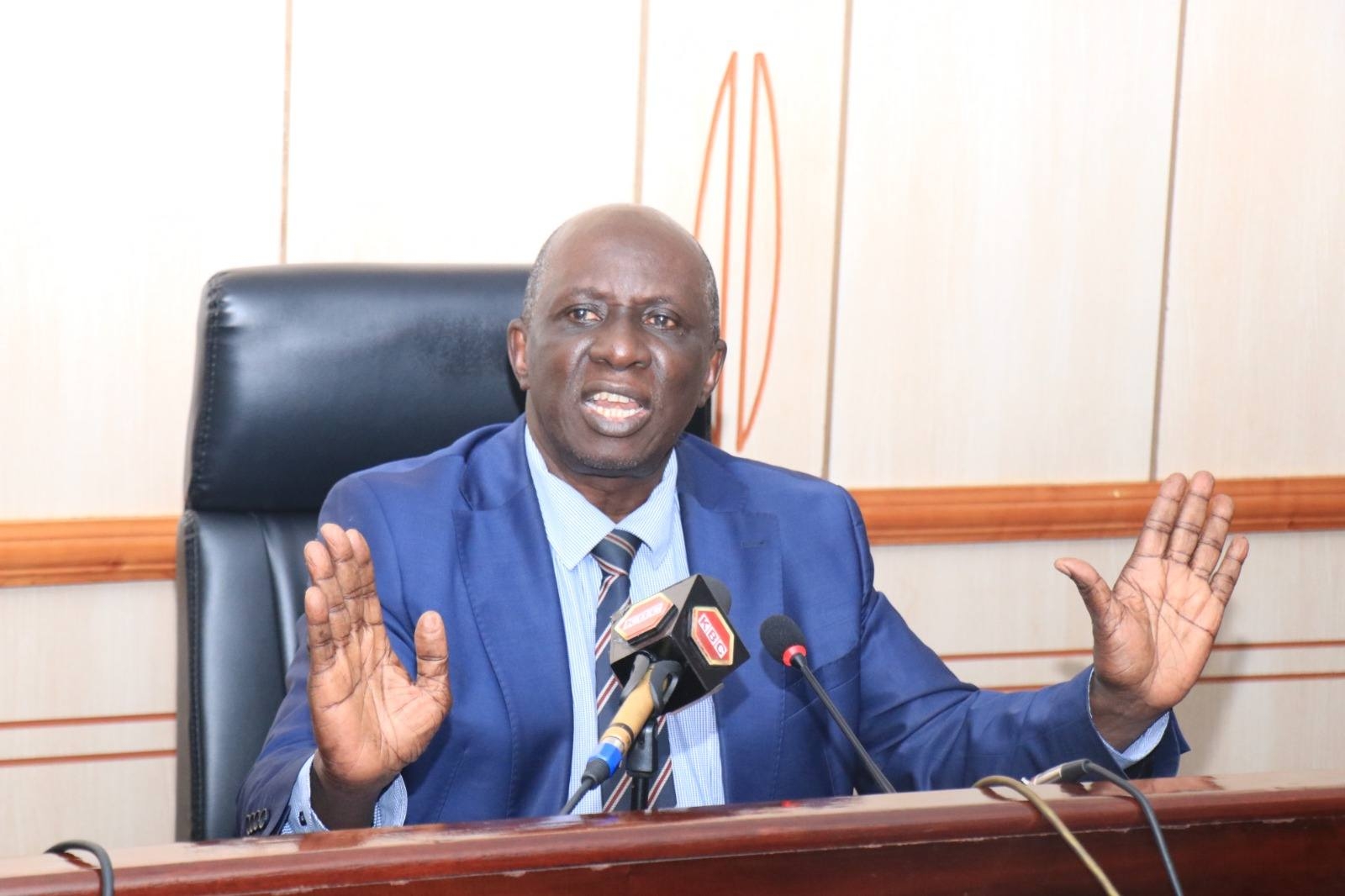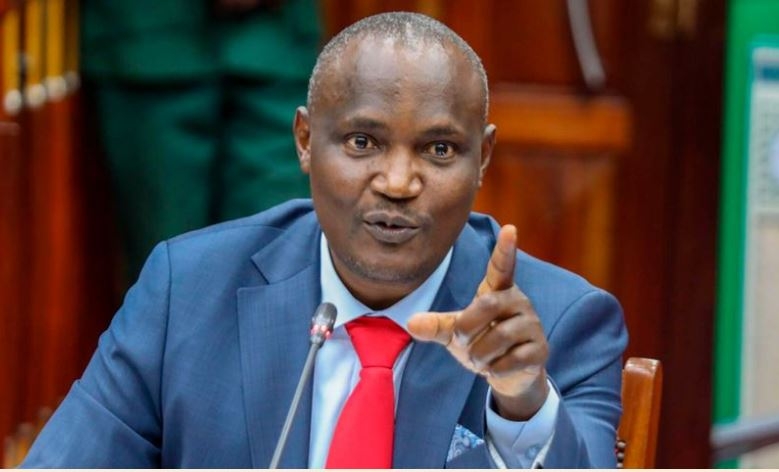

The International Monetary Fund
has asked Kenya to consider the
impact of the planned $1.5 billion
loan from the United Arab Emirates
(UAE) especially on the stability of
the shilling.
Responding to a question by journalists during a presser, the director of communications at IMF, Julie Kozack insisted that the country is at a high risk of debt distress, adding that the loan could expose Kenya to foreign exchange risks and that the amount sought is beyond the Sh168 billion ($1.3 billion) commercial-borrowing ceiling.
The news of the planned debt saw the shilling that had been rising against the US dollar sink slightly in late October before retreating the the 129 margin where it has stuck for almost two months now.
The local currency closed Wednesday at 129.61. She however, declined to expound on the matter, saying that more details will be shared at a later date.
“We assess Kenya to have a high risk of debt distress, any new borrowing should be considered with in the context of a comprehensive fiscal strategy to reduce debt vulnerabilities, while also addressing the recent and emerging fiscal challenges,’’ Kozack said.
Her comments are coming days after the National Treasury vowed to go ahead with the procurement of the debt in phases.
The National Treasury PS Chris Kiptoo told journalists that the government plans to stagger the disbursement in tranches to remain within the borrowing limits set by the IMF, with the first Sh90 billion expected in January, with the rest of the amount set to be channeled to the Kenyan accounts later.
This is likely among the issues a top IMF executive will likely engage Kenyan authorities in the planned visit slated for December 9-10.
A communiqué from the fund on November 21 indicated that the deputy managing director Nigel Clarke will travel to Nairobi as part of the ongoing engagement with the authorities.
Last month, National Treasury CS John Mbadi revealed that is in discussions with the UAE for a $1.5 billion commercial loan with an 8.25 per cent interest rate and a seven-year tenor.
“This loan is cheaper than the
Eurobond we borrowed at 10.7 per
cent,” Mbadi told a news conference,
referring to a $1.5 billion dollar-denominated bond issued in February
to partially buy back a portion of a
maturing $2 billion (Sh258 billion)
Eurobond,’’ Mbadi said.















